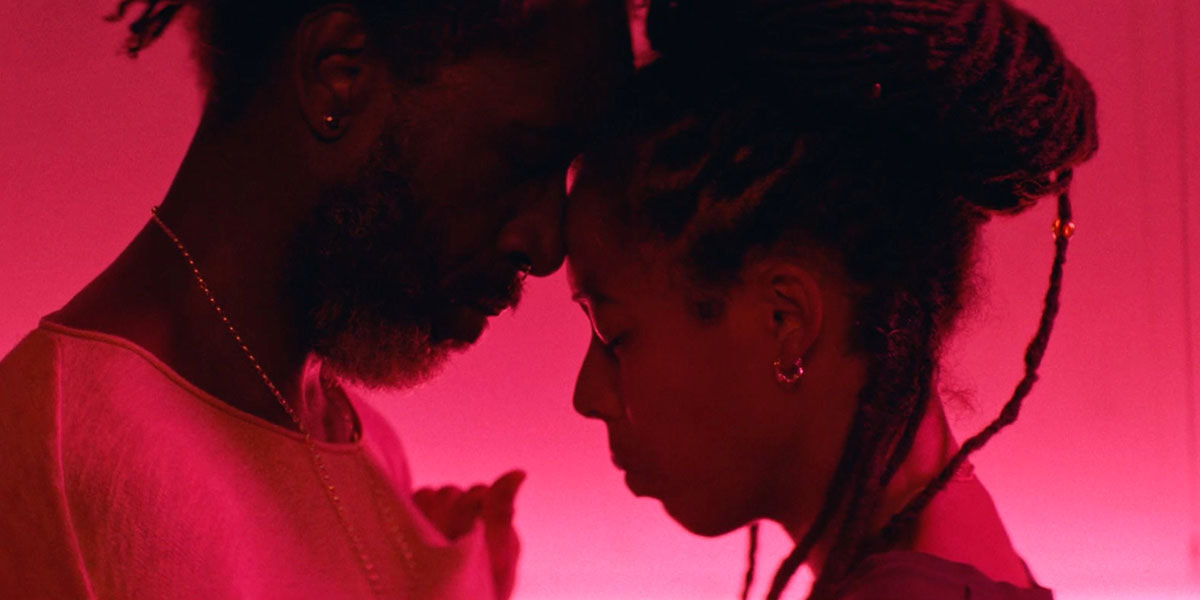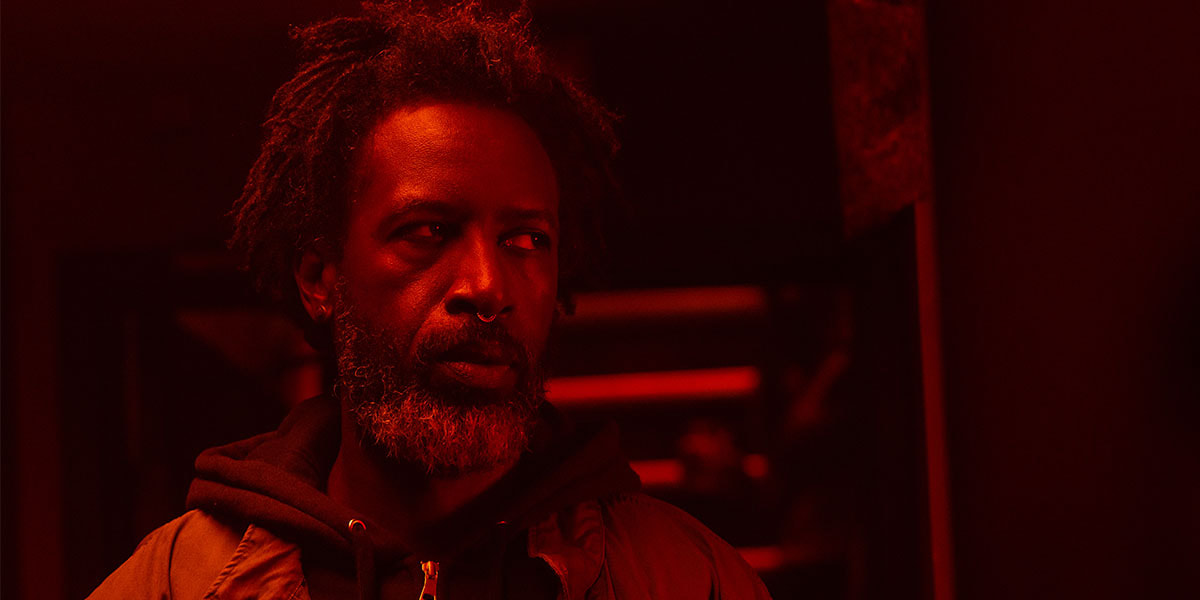|
Review by Sean Boelman
Charles Officer’s insanely ambitious thriller Akilla’s Escape is definitely not made for everyone, but those who are willing to follow the story’s hyperactive narrative will find this to be a challenging and emotional watch. Balancing intensity and emotion, with some gorgeous visuals to boot, this film is vibrant in unexpected ways.
The movie follows a drug pusher who captures a teenage lackey in an attempted robbery, seeing himself in the young boy and going against orders to protect him. It’s a refreshingly empathetic take on crime drama tropes, focusing not on the criminal consequences of their actions, but rather, the emotional toll that years of abuse and internalized degradation take on one’s soul. What is going to keep this film from catching on with mainstream audiences is that the narrative is quite difficult to follow at times. There are two timelines, one with Akilla as an adult and one with him as a child. The complexity comes in with the fact that the same young actor, Thamela Mpumlwana, plays both the naive teenage robber and the young Akilla. While there is a clear purpose to this artistic decision, it becomes difficult to distinguish between the two periods at a certain point. That said, the movie’s absolutely fascinating exploration of the perpetuating cycle of violence and abuse that drove these characters to make the wrong decision relies on this unconventional structure. By drawing parallelisms between the two characters at the same time in their life, Officer and co-writer Wendy Motion Brathwaite make the story all the more heartbreaking.
Part of what makes this film stand out is that the characters work extremely well, both on an individual level and together. It’s a movie about encountering past trauma while facing the need to adjust for the future. The characters feel very real, not like gangster stereotypes, as their anxieties are not the exaggerated ones that often define the genre, but rather, fears that many have experienced.
Saul Williams is great in the lead role giving a performance that is subtle and grounded, not feeling overbearing in any way. But one would be remiss if they didn’t acknowledge Mpumlwana as the real show-stopper here, as he fully develops two sets of mannerisms that are similar but ever so slightly different as to build two distinct characters. The visual style which Officer brings to the table is also excellent. There’s an obvious neo-noir influence with the neon-tinged images (with a lot of use of red), but there are plenty of moments in which Officer does something more experimental and unique. And the score by Williams and 3D is phenomenal and complements the film quite well. Other than the fact that it will be a tad confusing for some, Akilla’s Escape is a very different take on a genre that is all too often homogenous. The voices of everyone involved in this project shine through, combining into something even greater than the sum of its parts. Akilla’s Escape screened as a part of the 2020 Toronto International Film Festival which runs September 10-19 and offers a blend of in-person and virtual (geoblocked to Canada) screenings. Rating: 4.5/5
0 Comments
Leave a Reply. |
Archives
July 2024
Authors
All
|
|
|
disappointment media
Dedicated to unique and diverse perspectives on cinema! |


